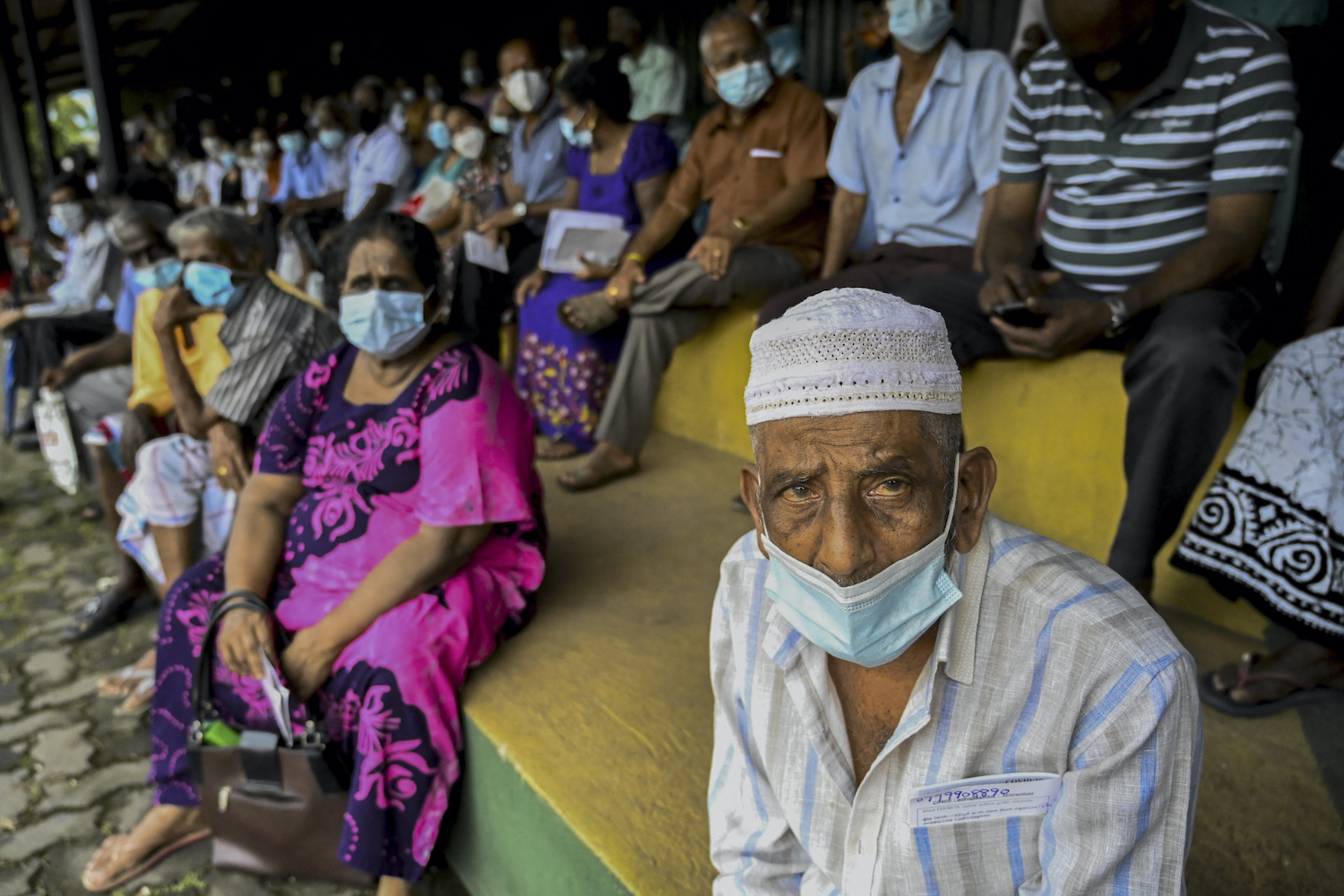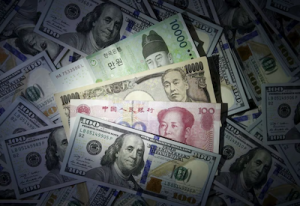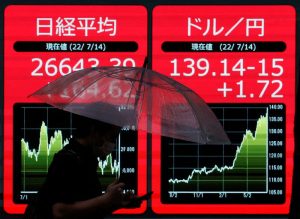Colombo forced to act with its currency reserves drastically low, bonds under fire and even talk of a default mentioned
Sri Lanka’s government, increasingly worried about its ability to pay its “eye-opening” debts, has extended its foreign exchange controls for another six months.
In a bid to preserve the country’s dwindling currency reserves, the restrictions will limit the amount of dollars Sri Lankans and local firms are allowed to send out of the country.
Market pressure has intensified on the back of the ongoing Covid-19 pandemic, apparent resistance to International Monetary Fund support and patchy demand in recent local debt auctions.
Also on AF: Tech chief Gou and chips giant TSMC team up to secure Taiwan vaccine deal
Friday saw the worst day for the country’s government debt markets since October, with one bond due to be repaid next July falling more than 4 cents and a number of others dropping between 2 and 4 cents.
“If Sri Lanka is to avoid a default in the medium-term it needs an IMF programme that will help anchor expectations of fiscal consolidation,” said Raza Agha, head of emerging markets credit strategy at Legal & General Investment Management.
Head of Barings’ Global Sovereign Debt and Currencies Group Ricardo Adrogue added that it was encouraging though that the government seemed determined not to default.
“That is a big plus, but the [debt] numbers however are eye-opening,” highlighting how the country spent roughly 50% of government revenues on debt payments.
- Reporting by Reuters
Read more:
Chinese company acquires highway in Sri Lanka first
Sri Lanka’s bonds slump after US calls for ‘difficult’ choices over China ties
























